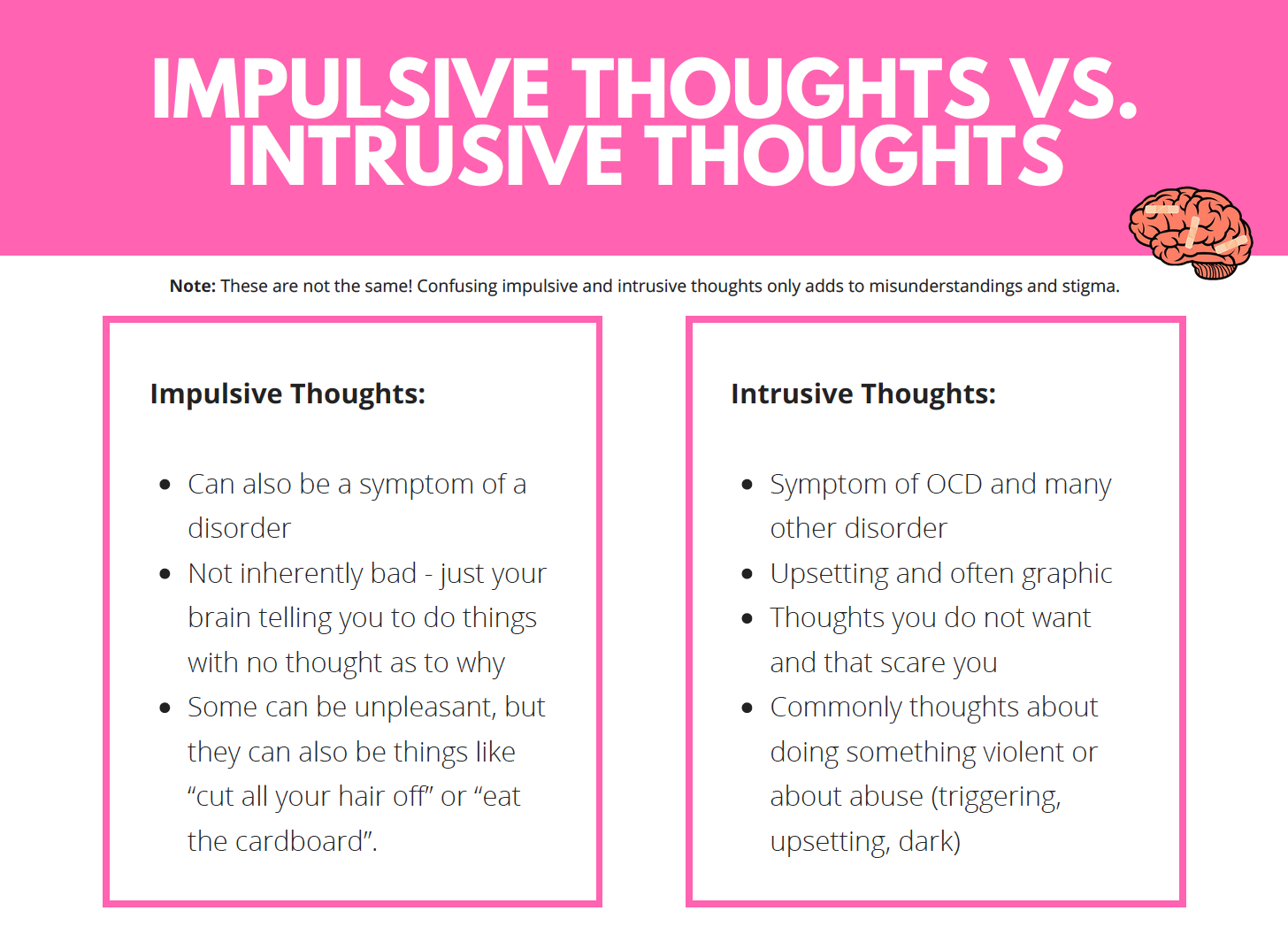OBSESSIVE-COMPULSIVE DISORDER
What is OCD?
OCD is a neurobiological disorder. This means that OCD has to do with the way the brain functions. Scientists have found that certain areas of the brain work differently in people who have OCD compared to those who don’t.
- Obsessions are thoughts, images or impulses that occur over and over again and feel outside of the person’s control. Individuals with OCD do not want to have these thoughts and find them disturbing. In most cases, people with OCD realize that these thoughts don’t make any sense. Obsessions are typically accompanied by intense and uncomfortable feelings such as fear, disgust, doubt, or a feeling that things have to be done in a way that is “just right.” In the context of OCD, obsessions are time consuming and get in the way of important activities the person values. This last part is extremely important to keep in mind as it, in part, determines whether someone has OCD — a psychological disorder — rather than an obsessive personality trait.
- Unfortunately, “obsessing” or “being obsessed” are commonly used terms in every day language. These more casual uses of the word means that someone is preoccupied with a topic or an idea or even a person. “Obsessed” in this everyday sense doesn’t involve problems in day-to-day living and even has a pleasurable component to it. You can be “obsessed” with a new song you hear on the radio, but you can still meet your friend for dinner, get ready for bed in a timely way, get to work on time in the morning, etc., despite this obsession. In fact, individuals with OCD have a hard time hearing this usage of “obsession” as it feels as though it diminishes their struggle with OCD symptoms.
- Compulsions are the second part of obsessive compulsive disorder. These are repetitive behaviors or thoughts that a person uses with the intention of neutralizing, counteracting, or making their obsessions go away. People with OCD realize this is only a temporary solution but without a better way to cope they rely on the compulsion as a temporary escape. Compulsions can also include avoiding situations that trigger obsessions. Compulsions are time consuming and get in the way of important activities the person values.
- Similar to obsessions, not all repetitive behaviors or “rituals” are compulsions. You have to look at the function and the context of the behavior. For example, bedtime routines, religious practices, and learning a new skill all involve some level of repeating an activity over and over again, but are usually a positive and functional part of daily life. Behaviors depend on the context. Arranging and ordering books for eight hours a day isn’t a compulsion if the person works in a library. Similarly, you may have “compulsive” behaviors that wouldn’t fall under OCD, if you are just a stickler for details or like to have things neatly arranged. In this case, “compulsive” refers to a personality trait or something about yourself that you actually prefer or like. In most cases, individuals with OCD feel driven to engage in compulsive behavior and would rather not have to do these time consuming and many times torturous acts. In OCD, compulsive behavior is done with the intention of trying to escape or reduce anxiety or the presence of obsessions.
So, what exactly is OCD? How is it broken down? What are the main features?
With OCD, fears, worries and bad thoughts (sometimes they’re really disturbing) pop into your head and just won’t go away. These are obsessions. Or once in a while, you may have certain uncomfortable urges or feelings that make you feel like you have to do something “just right” or “just so.” What you do to try to make yourself feel better – like washing your hands over and over or redoing your homework until you run out of time and it’s not finished – those are called compulsions. Sometimes they’re called rituals. Unfortunately, the more you do these rituals to make yourself feel better, the more you have to keep doing them. This is called habit reinforcement. They may make you feel better for a little while, but the obsessions just keep coming back. And after a while, you may feel like you’re doing compulsions all the time.
Okay, I get it. So am I crazy?
You are not crazy, and you did nothing to cause your OCD. And you are not alone. Many people with OCD have above-average intelligence, and you will find that OCD comes from all races, ages, and ethnicities.
How common is it?
In the United States, about 1 in 40 adults and 1 in 100 kids have OCD. Some TV shows and movies feature stars who supposedly have OCD, and sometimes these characters are played for laughs. As you already know, OCD is a lot different in real life. And it definitely isn’t funny. Before you go any further, there’s one important thing you need to know. OCD won’t go away by itself. And without treatment, it’s likely to get worse. That’s not a scare tactic. It’s the truth. That’s why when you’re tempted to say to everyone (including your parents) “JUST LEAVE ME ALONE!” it’s really important that you take a deep breath and remind yourself that you deserve help, care, and support.
My parents don't understand my OCD. What do I do?
Parents always think they’re helping, but they can make you feel worse when they don’t know what to do, or are constantly telling you what to do. You can help manage the situation at home by not losing your temper. It can be really hard to do, but try to remember that they’re only trying to help because they care about you. It’s also important to remember that although you’re the one with OCD, others are affected by the OCD, too.
